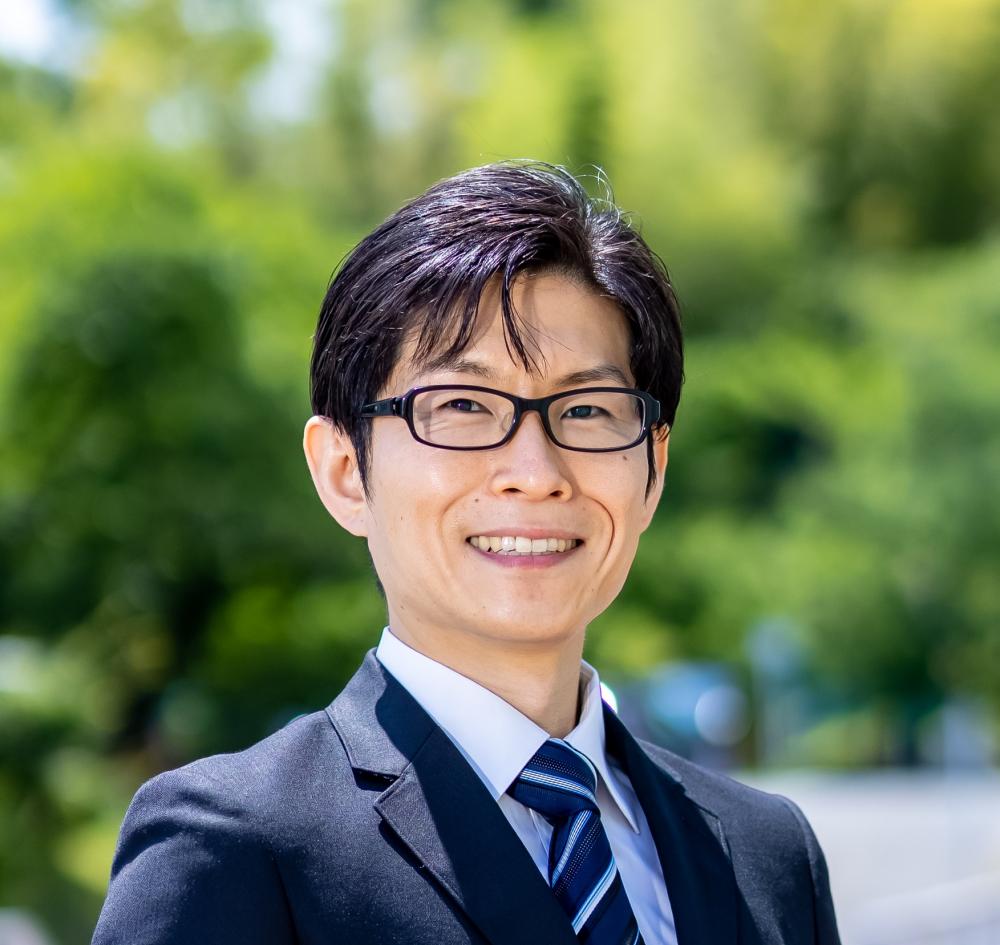Professor introduction
Associate Professor Hiroyuki YOSHIDA
 Hiroyuki Yoshida gained his Ph.D. in 2009 from Osaka University in Japan. Prior to joining Kwansei Gakuin University in 2024, he worked in Osaka University, first as Assistant Professor (2009-2019) and then Lecturer (2019-2023). From 2010 to 2014 and 2015 to 2019, he had a concurrent position as PRESTO researcher in Japan Science and Technology Agency (JST). His research interests include applied optics, soft matter physics and optical devices such as information displays, augmented reality and virtual reality, photovoltaic cell, lidar, and phase modulators.
Hiroyuki Yoshida gained his Ph.D. in 2009 from Osaka University in Japan. Prior to joining Kwansei Gakuin University in 2024, he worked in Osaka University, first as Assistant Professor (2009-2019) and then Lecturer (2019-2023). From 2010 to 2014 and 2015 to 2019, he had a concurrent position as PRESTO researcher in Japan Science and Technology Agency (JST). His research interests include applied optics, soft matter physics and optical devices such as information displays, augmented reality and virtual reality, photovoltaic cell, lidar, and phase modulators.
Research Summary
Liquid crystals and polymers are known as examples of soft matter, a class of materials that change their structure and properties by external stimuli. Our group focuses on the investigation of novel properties and phenomena in organic materials-based soft matter for applications in optics, sensors and energy devices.
Curriculum
- Laboratory work in Electronics
- Laboratory work in Electronics Measurements
- Advanced Course in Nanotechnology for Sustainable Energy
KEYWORD
soft matter, liquid crystal, optical devices, holography, photonic crystal, metasurface
Theme
Research in details
Our group is investigating novel phenomena in organic molecular materials with particular interest for optical applications such as augmented reality, sensors and smart windows. One research subject we are working on is alignment control of liquid crystals – materials in which rod-like molecules spontaneously orient along a single direction called the ‘director’ – as it allows the control of light propagation in a very thin (several micrometers thick) and flexible form factor. Depending on the alignment pattern, light can be bent, focused or formed into various shapes that make them useful for various applications. Organic molecular materials are also advantageous from a cost perspective, since large-area films can be fabricated by simply coating a precursor solution on a pre-treated substrate.
List of collaborations
Riken, Osaka University, Kyoto Institute of Technology, Kyushu University, Tokyo Institute of Technology, Taiwan National Taipei University of Science and Technology (Taiwan), Bordeaux University (France), Sorbonne University (France), Warsaw University (Poland).